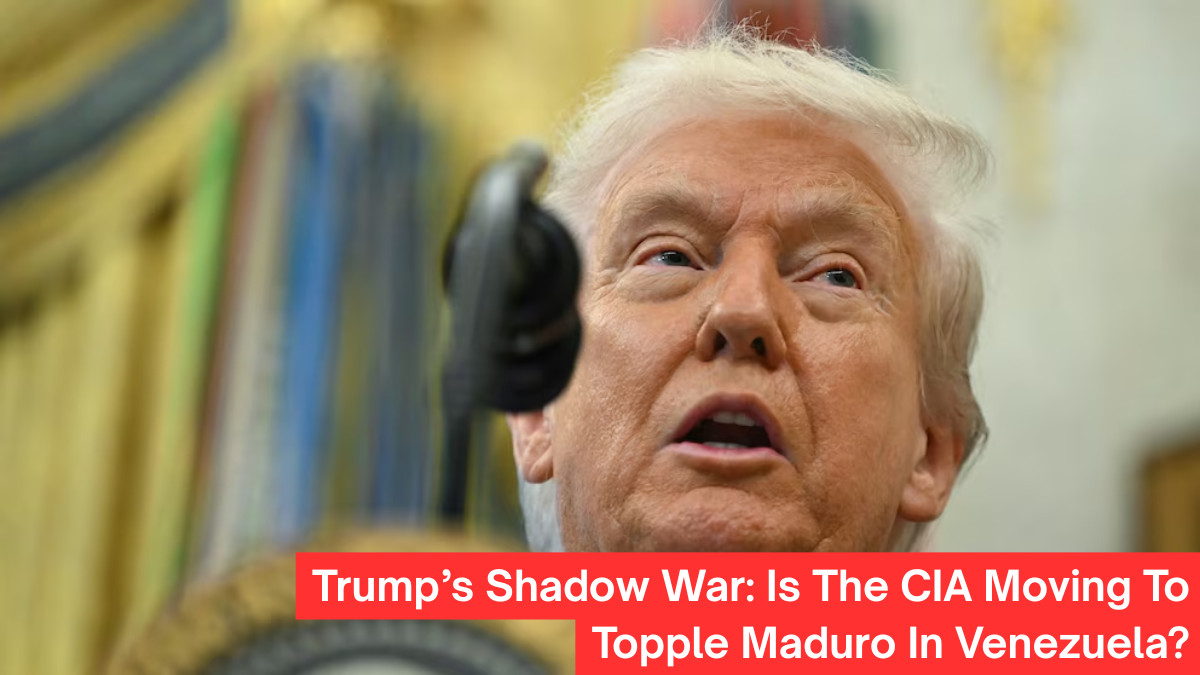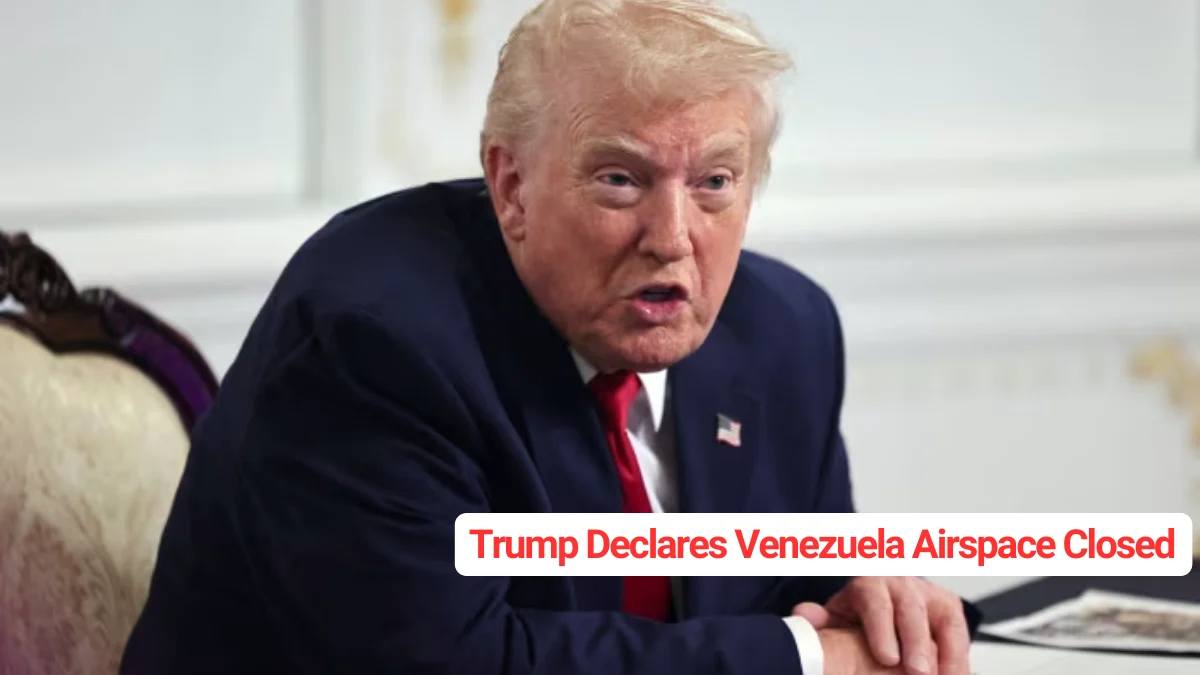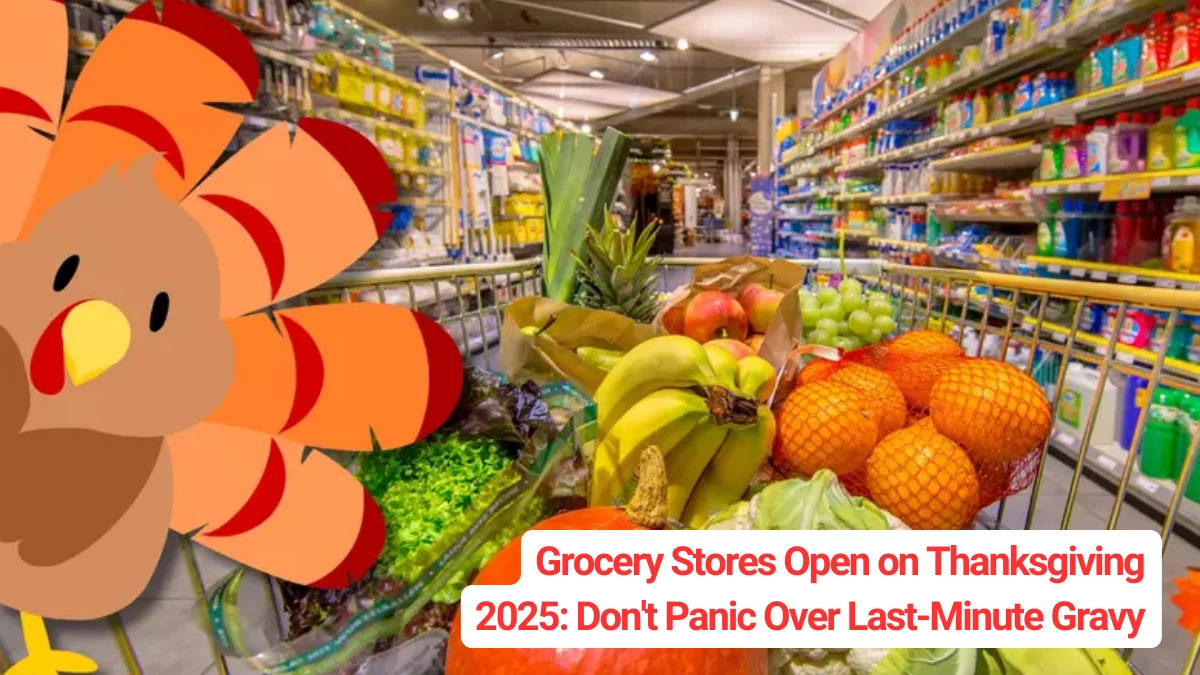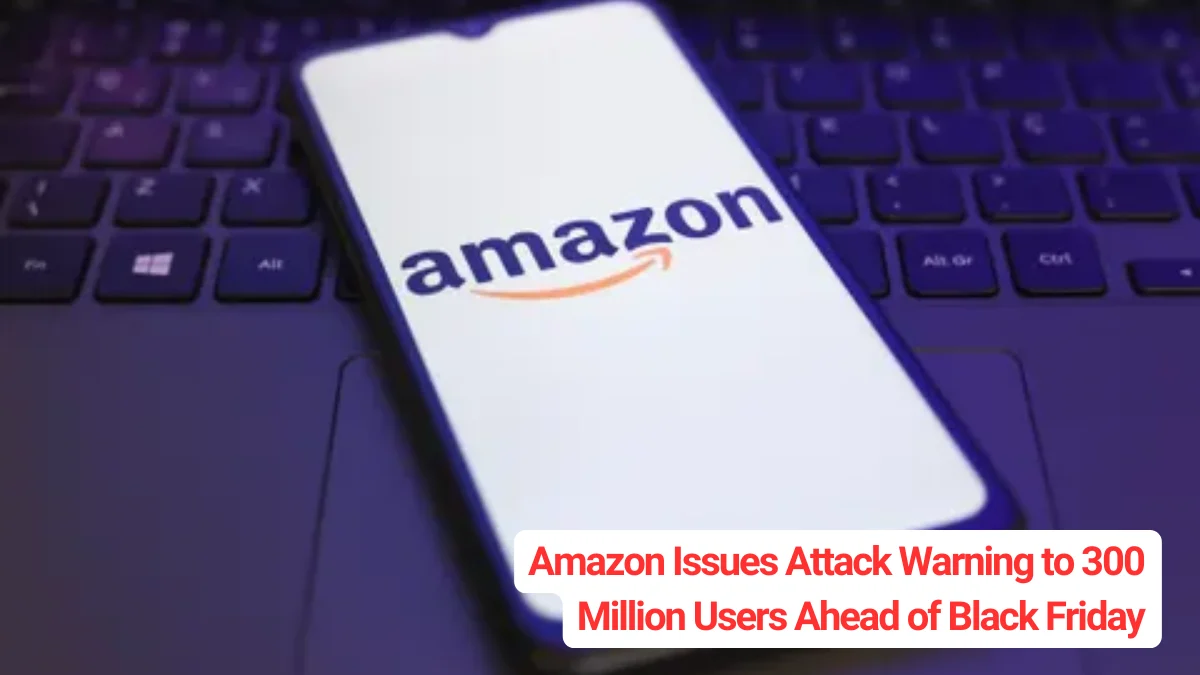Donald Trump has reportedly given the CIA the go-ahead to carry out secret operations in Venezuela, which is a big change in world politics. In October 2025, what used to sound like a movie script is now real policy action.
The U.S. seems to be putting more pressure on Caracas, from boats that sank in the Caribbean to a $50 million bounty on President Nicolás Maduro. What does this escalation mean for Venezuela, the US, and the rest of the world?
Key Takeaways
- Trump publicly confirmed CIA authorization for Venezuela operations on October 15, 2025.
- Reports suggest a classified presidential finding allows lethal actions against Maduro’s regime.
- Five Venezuelan boats were sunk, with 27 people killed, during alleged anti-drug patrols.
- Online reactions show over 150,000 posts in a day, with divided global opinions.
- Tensions are pulling in Russia, China, and Cuba, raising wider geopolitical risks.
How The Situation Escalated
The tension between the U.S. and Venezuela rose sharply this fall. Here’s a brief timeline of how events unfolded:
- September 5–Early October: U.S. naval forces increased their presence in the Caribbean, officially for anti-drug missions. Reports claim four Venezuelan vessels were sunk, and 27 suspected smugglers died. Insiders say the true goal was to pressure Maduro’s leadership.
- September 20: Reports from The New York Times suggested possible CIA-led raids to remove Maduro. Meetings followed between U.S. officials and Venezuelan opposition leaders.
- September 24: Venezuelan authorities reportedly grew alarmed as U.S. surveillance intensified, tracking Maduro’s movements and security details.
- September 30: American advisors continued to back the Venezuelan opposition, calling the July elections fraudulent.
- October 3: A declassified memo showed no solid evidence linking Maduro to criminal gangs, contradicting Trump’s earlier statements.
- October 15: Trump officially confirmed the CIA’s involvement and doubled down on the $50 million bounty.
- October 15–16: Maduro went on air accusing Washington of plotting a “CIA coup” similar to Iraq or Libya.
The Global Reaction
The news quickly dominated social media. Within 24 hours, mentions of “Venezuela CIA” jumped 400%. Discussions are split:
| Sentiment | Key Themes | Post Volume | Main Voices |
|---|---|---|---|
| Anti-U.S./Pro-Maduro (55%) | “Imperialist aggression,” fears of a U.S. invasion | ~8,200 | @NicolasMaduro, @sumariuminfo |
| Pro-U.S./Anti-Maduro (30%) | Support for U.S. intervention to “free Venezuela” | ~4,500 | @CaracasChron, @IdaniaChirinos |
| Neutral/Skeptical (15%) | Doubts about CIA leaks and legality | ~2,300 | @unusual_whales, @DropSiteNews |
#NoToRegimeChange and #LibertadVenezuela are both trending, with nearly 45,000 mentions each. Latin American leaders warn the U.S. not to destabilize the region, while some Venezuelan exiles celebrate the renewed pressure.
Maduro’s government responded by deploying troops and militias across key cities. Analysts say this display of strength hides deep worry inside his administration. Meanwhile, opposition leader María Corina Machado, fresh off her 2025 Nobel Peace Prize, urged more U.S. backing to “end the dictatorship.”
What’s Really At Stake
This confrontation is about more than just power in Caracas. Russia and Cuba have expanded military cooperation with Venezuela, and China’s interest in its oil reserves has deepened.
For Washington, Venezuela’s energy sector is a tempting but risky prize. Critics, however, call it a repeat of past U.S. interventions disguised as anti-drug efforts.
At home, Trump faces pushback. Lawmakers and human rights groups warn that attacks at sea may have killed civilians, and that such operations lack Congress approval. Some in the U.N. have labeled the strikes “unlawful,” reminding the world of past conflicts justified under similar claims.
Despite these concerns, Trump remains firm, saying “missiles beat speedboats.” His supporters view this as decisive action, while opponents fear another prolonged conflict.
The Big Question: Peace Or Escalation?
Venezuela is at a very important point right now. The next step could either lead to a political breakthrough or a regional crisis in the country. For now, both sides are still standing firm: the U.S. is tightening its grip, and Maduro is refusing to give in.
Things could change quickly, and as one post put it, “Not war, yes peace” a simple wish in a storm that was changing quickly.







